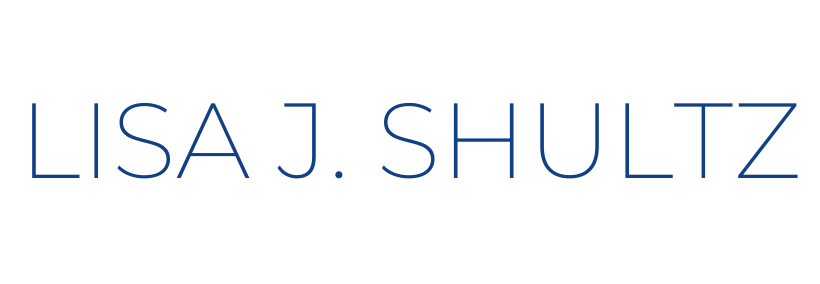I will admit, I am an addict. Yes, checking my email and Facebook is a part of my day, every day throughout the day. I have attempted to wean myself with occasional, moderate success. I have thinned out my email, unsubscribing to newsletters and other unwanted notices. I have reduced my inbox to under 50 and on a good day to under 20. I have created files of important emails to keep as reference and I periodically review and weed out obsolete items. I think all that just means I am an organized addict and that I am fooling myself to think that those measures make me less hooked!
Despite becoming efficient and proficient, I am obsessed with checking my email and checking in on Facebook. I log on in the morning and review my accounts over my cereal and coffee. I don’t feel I can move on to other things of greater importance like writing my next book or this article until I have cleaned out new emails and reviewed the newsfeed on Facebook. Real work or productivity comes second.
I have made strides in posting less on Facebook unless I am traveling (I love to post travel pictures). Now a few days can go by without a Facebook update from me but never a week! I love to feel connected to my friends and relatives, many of whom live far away from me and I might be out of touch with their lives without Facebook. I learn things, laugh and feel a part of a community when I browse the newsfeed. If I don’t look in, I feel a loss of not knowing what is going on in the world (I have stopped watching TV) and I begin to feel invisible.
I recently finished reading the book The Shallows, What The Internet Is Doing To Our Brains by Nicholas Carr. He described having more difficulty keeping his attention focused on concentrated reading and deep contemplation. I have been noticing this trend myself, and it bothers me. My mind drifts and I am constantly pulling it back into focus. This drift is occurring while writing this article as well. Your mind as the reader might be bored or restless too. (Congratulations if you are still with me!)
The Internet scatters our attention. We skim, look for bullet points, hyperlinks, catch glimpses of advertisements and in general rove the page in spurts and jumps. So reading an article like this one without bullets, bolding and lists may seem difficult.
It is challenging to keep up with fast changing technology, new apps, social media and cell phone options. Is all this fast paced change helping us? The answer is probably mixed. I love my phone and its capabilities, but I fondly recall the days before cell phones and computers where I spent more time outside, with friends and reading books. I still do all those things but not as much and as often and I am generally distracted while doing them.
The web can make us shallow thinkers as we scan and skim for quick information. It can reduce our memory as we rely on the computer instead of our mind. Can you remember important phone numbers or do you rely on speed dial and your “favorites” in your contact list? When was the last time you sat down and read an article from beginning to end and then really thought about it?
Nicholas Carr stated in his book, “When the ditchdigger trades his shovel for a backhoe, his arm muscles weaken even as his efficiency increases. A similar tradeoff may well take place as we automate the work of the mind.”
How can we combat these negatives? I would suggest that awareness is the first step. Ask yourself if your phone or computer is a leash. Do you control them or do they control you?
In the book The Shallows, Carr says, “A series of psychological studies over the past twenty years has revealed that after spending time in a quiet rural setting, close to nature, people exhibit greater attentiveness, stronger memory, and generally improved cognition. Their brains become both calmer and sharper. The reason, according to attention restoration theory, or ART, is that when people aren’t being bombarded by external stimuli, their brains can, in effect, relax. They no longer have to tax the working memories by processing a stream of bottom-up distractions. The resulting state of contemplativeness strengthens their ability to control their mind.”
Are you getting out in nature enough? Do you regularly rest your brain?
As a result of reading The Shallows and books about the benefits of decluttering, I am feeling calmer and more focused. I have more work to do to put myself into better balance and concentration, but I am now more conscious of what is happening to me and measures I can take to rest my over-stimulated mind and life.
I would love your comments about your opinion on what technology and the Internet are doing to you. Please share your thoughts and then go take a walk in nature to rest!
